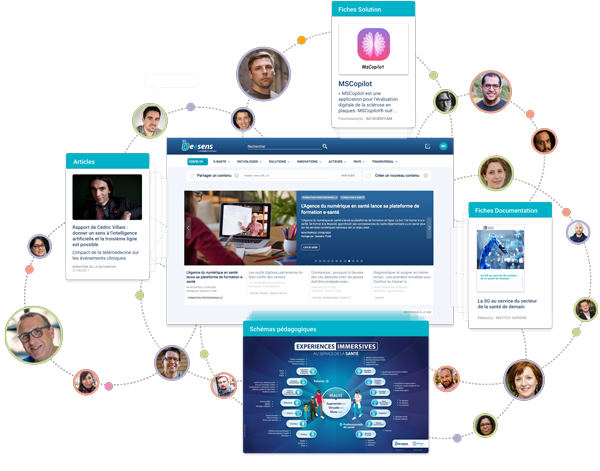"THE GRAY OXIMETER sitting on my kitchen table looks like a record player. A product of the 1970s, its alarm for low blood oxygen levels is set by analog dial. I bought it on eBay late last year, after writing a story about the racial bias built into oximetry for the Boston Review. A professor of medicine at Yale, Meir Kryger, reached out afterward with a suggestion: I should also look into the models predating contemporary pulse oximeters, specifically one made by Hewlett-Packard. It’s a technological dinosaur, but in certain ways, its inner workings are more advanced than many devices that measure blood oxygen in hospitals today.
For decades, researchers have documented that many pulse oximeters commonly used in hospitals do not meet FDA safety thresholds for people of color. Since these devices assess oxygen in the blood through optical color-sensing, they can be riddled with errors for people with darker skin, due to racial biases in the calibration process. But when Covid-19 first hit, pulse oximeter readings were nonetheless hailed as a “biomarker” for early hospitalization and during triage. Some patients of color who told ER doctors they couldn’t breathe well were actually sent home when the device indicated they didn’t need oxygen.
It wasn’t until a team of physicians at the University of Michigan reinvestigated the device last December that the broader medical community began to pay more attention. “When a pulse oximeter says 91 percent [oxygen saturation], more than 50 percent of Black patients actually had a value less than 88 percent,” notes study coauthor Tom Valley. The issue has since been taken up by senators and the FDA, drawing intense interest from doctors and engineers, as well as confused patients. There are now widespread calls for redesigning the “pulse ox”—as well as rethinking the review systems that failed to catch or prevent these errors for decades..."
Lire la suite
Oximeters Used to Be Designed for Equity. What Happened?
WIRED, 06/04/2021
Partagé par :
Beesens TEAM

Informations liées
Thématiques
Accueil Cardio-vasculaire
Insuffisance Cardiaque
Insuffisance respiratoire
BPCO
Accueil Intelligence Artificielle
Solutions
BASELINE
BODY+
loop
Structures
HAS
FDA
Pulse
Pulse
HP
Hewlett-Packard
HP










